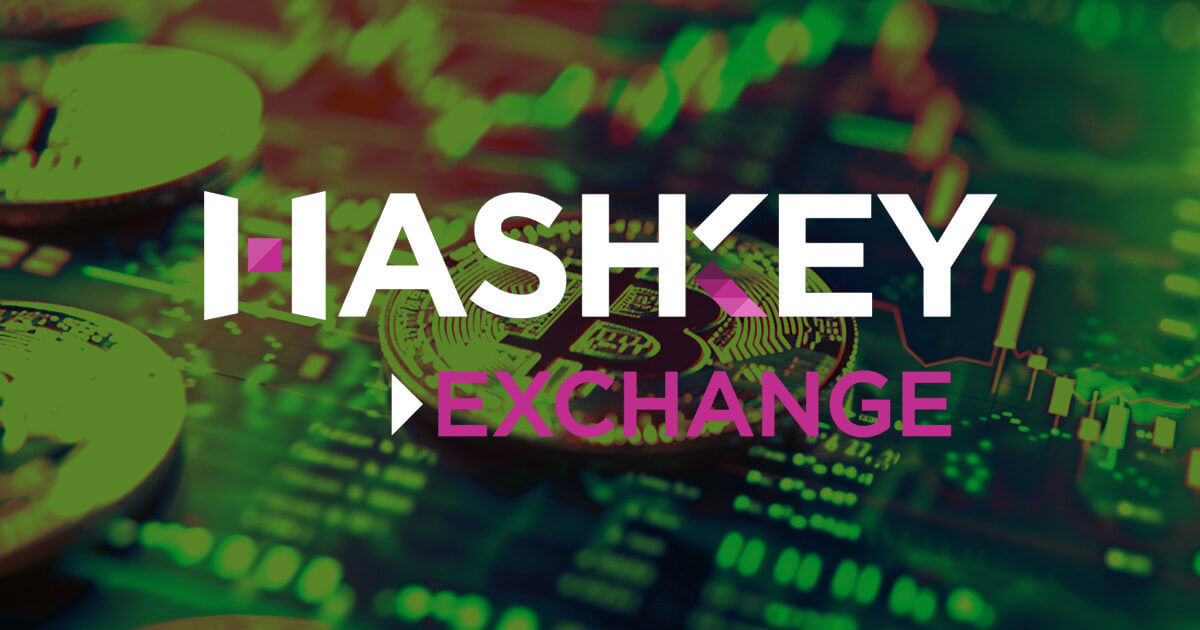Arkansas Senate Approves Legislation on Crypto Miner Fees
The Arkansas Senate has recently approved a resolution that paves the way for legislation imposing fees on cryptocurrency miners due to their excessive energy consumption. This development, reported by Arkansas Times on April 15, reflects the state’s growing concern over the environmental impact and energy usage of mining operations within its borders.
The proposed legislation outlines a tiered fee structure aimed at regulating the emerging crypto mining industry. According to the resolution, miners utilizing 1 MW to 2.49 MW of energy would be subject to a fee of $25,000. For energy consumption ranging from 2.5 MW to 4.99 MW, the fee would increase to $50,000. Those using 5 MW to 10 MW would face a $75,000 fee, while miners exceeding 10 MW would be required to pay $100,000.
Furthermore, the legislation specifies that the funds collected through these fees would be allocated to agencies such as the State Securities Department, the Attorney General’s office, and the Department of Energy and Environment. These agencies would utilize the funds for personnel services, operational expenses, and oversight functions related to digital asset mining companies operating within the state.
Senator Bryan King is leading the charge on this legislative initiative, having successfully garnered the support of the necessary two-thirds majority in the Senate with the approval of seven resolutions.
Challenges Mount for Miners as Halving Event Looms
The increased focus on mining activities by regulators and legislators stems from concerns regarding their substantial energy requirements, potential strain on power grids, and environmental implications, particularly carbon emissions. Proponents of Bitcoin, such as the Texas Blockchain Council, argue that miners play a crucial role in managing energy demand and stress that they are beneficial to the overall energy grid due to their operational flexibility compared to traditional data centers.
Arkansas’s decision to impose stricter regulations and fees on crypto mining aligns with a broader global trend of governments tightening oversight on this sector. Norway, for example, recently instituted stricter regulations for data centers, mandating registration and detailed disclosures related to ownership and services, which indirectly impacts Bitcoin miners by subjecting them to increased scrutiny.
As the halving event for Bitcoin approaches on April 20, where block rewards are set to decrease to 3.25 BTC, the mining industry faces significant revenue challenges. Bloomberg reported that this reduction in block rewards could lead to an estimated annual revenue loss of nearly $10 billion for crypto miners.
Image/Photo credit: source url





